Interviews & Editorials
Across the Ages: How Betting Shaped and Was Shaped by History
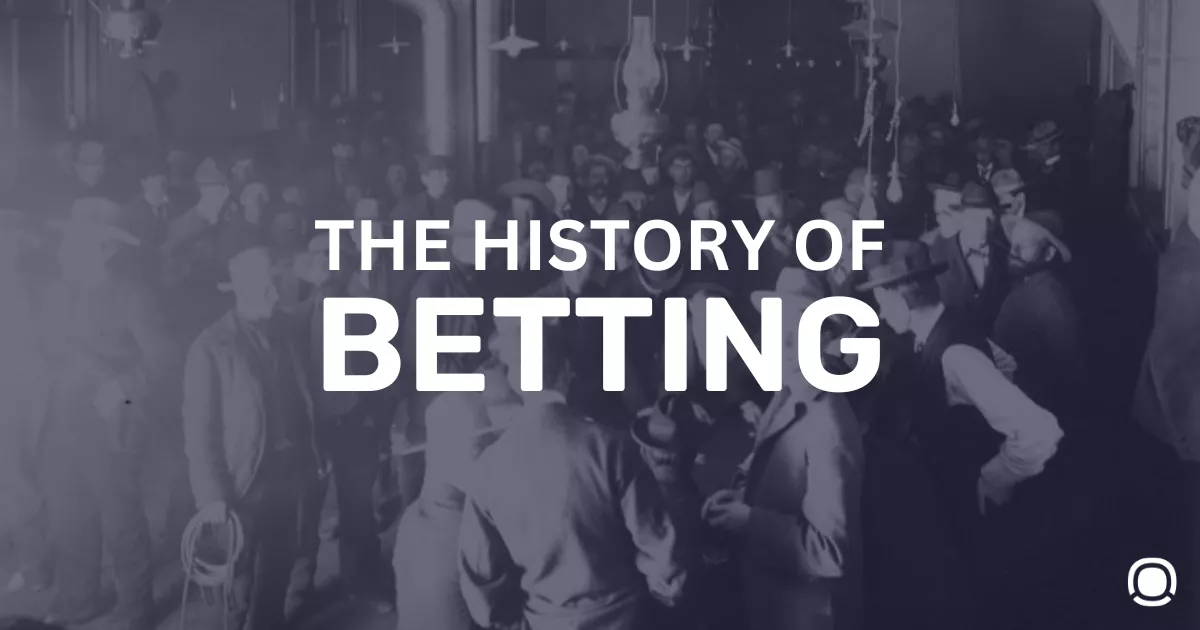
The history of betting is a fascinating journey that spans civilizations and epochs, from the ancient roll of dice in Mesopotamia to the immersive world of online gambling. It tells the story of humanity's fascination with chance, intertwined with religious beliefs, cultural practices, and technological advances. Let us travel back in time to see how this pastime-turned-industry not only evolved, but also left its mark on our collective cultural heritage.
Ancient Times: The Earliest Evidence #
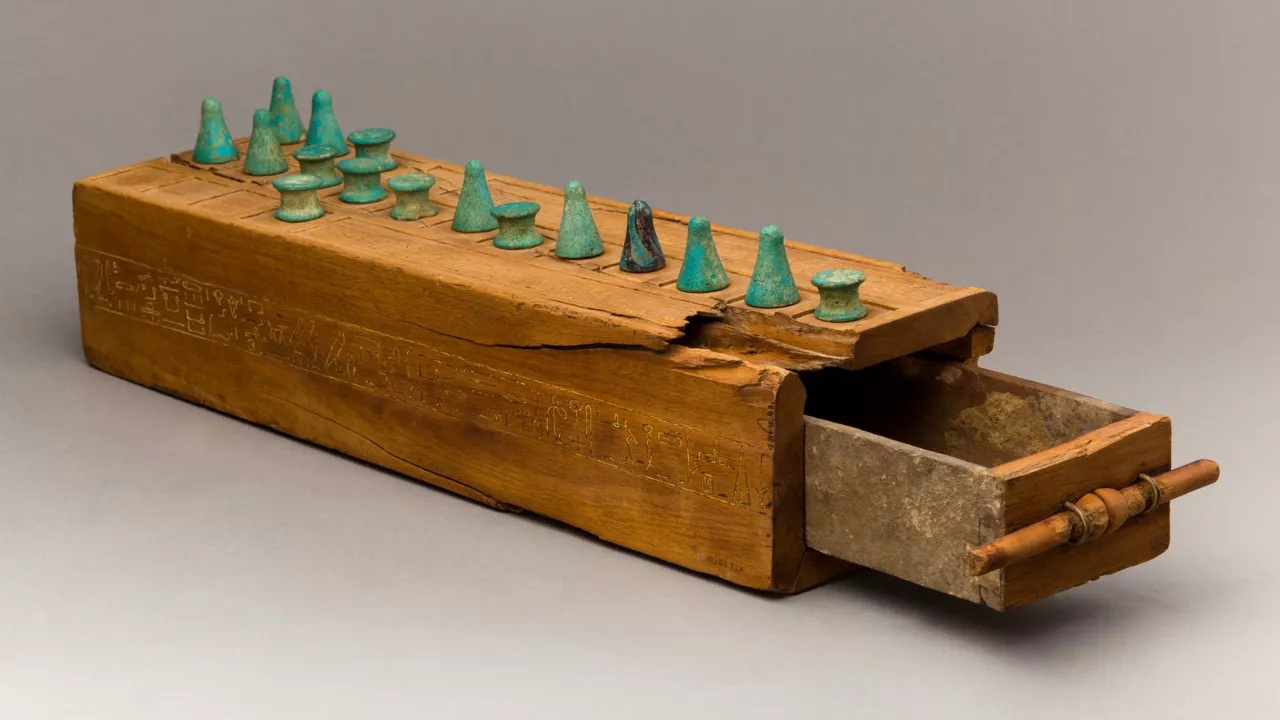
Gambling has deep roots in human history, dating back to prehistoric times. Archaeologists discovered a primitive six-sided dice from Mesopotamia dating to around 3000 B.C., indicating our ancestors' fondness for chance games. This primitive form of betting, which was frequently associated with seeking divine guidance or interpreting omens, laid the groundwork for the development of complex betting systems that we see today.
As societies such as Ancient Egypt and China advanced, they developed more sophisticated gambling practices that were frequently linked to their religious beliefs. Archaeological excavations in Egypt unearthed the game Senet, which is believed to have had religious and spiritual significance in addition to being a popular pastime. On the other hand, around 2300 B.C. Ancient China's lottery-like game, keno, demonstrated an early realization of using games of chance not only for entertainment but also for societal benefits (legend has it that it helped finance the Great Wall of China), reflecting a philosophy of balance and fortune that is integral to Chinese religious beliefs.
The intersection of gambling and religion is also evident in the Mahabharata, an ancient Indian epic. The cautionary story revolves around a high-stakes dice game that leads to a devastating war, highlighting the profound spiritual and moral implications that dice games hold in Indian society. This game, regarded as a test of fate and character, had a significant impact on Indian society’s attitudes toward gambling.
The Greeks and Romans: Passionate Gamblers #
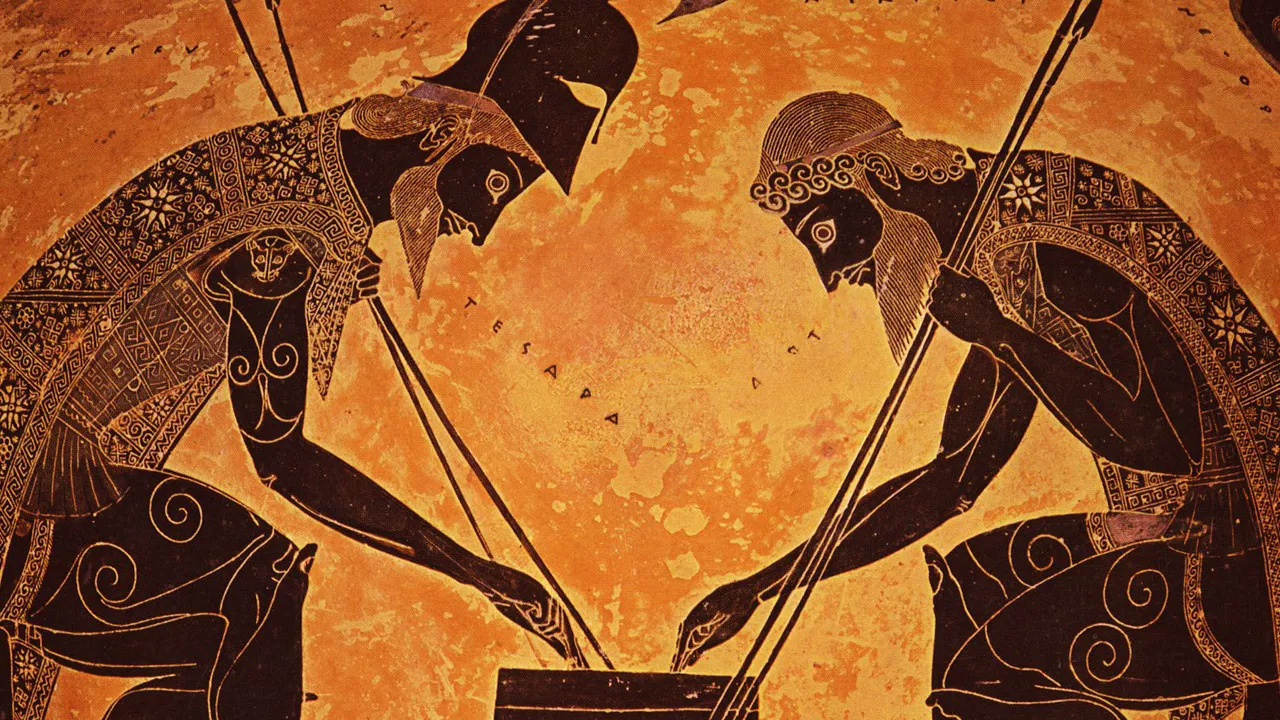
The Greeks, who were famous for their sporting events, were avid gamblers. From dice games, called 'tesserae,' played in the streets to betting on the Olympic Games' outcomes, the Greeks enjoyed their games of chance. The philosopher Plato even wrote about the dangers of excessive gambling, suggesting its prevalence in society.
Gambling was also popular among the Romans, who inherited many Greek traditions. Betting on chariot races and gladiator games was common, and emperors like Augustus and Nero were known to have placed large bets. Despite the moral dilemmas it posed, even Roman law had provisions for a legal day of gambling.
Middle Ages: Gambling Defies Moral Condemnations #
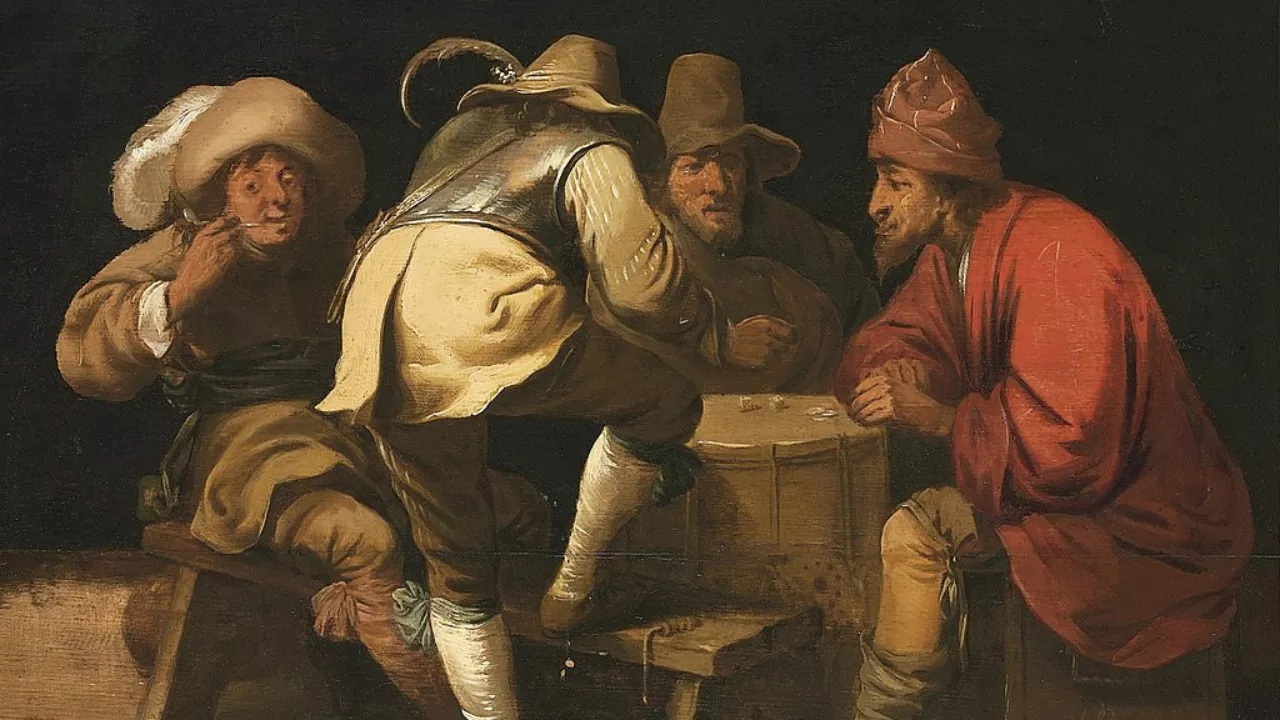
As societies progressed into the Middle Ages, a period of significant social and religious transformation, attitudes toward gambling and betting began to shift. The prevalent Christian ethos of the time viewed gambling with skepticism and, in some cases, outright condemnation. Christian doctrine frequently drew parallels between gambling and sin, portraying it as a vice that distracted people from living virtuously. As a result, many European societies enacted laws prohibiting gambling during specific times, particularly religious observances. However, the allure of gambling proved to be tenacious.
In contrast to European societies' skepticism and moral condemnation of gambling during the Middle Ages, Far Eastern societies appeared to integrate gambling more seamlessly into their social and cultural practices. By the 15th century, gambling houses were common in China and were regulated by the government, offering a variety of games such as Fan-Tan and Pai Gow. Similarly, despite the Tokugawa shogunate's regulatory efforts, gambling activities such as horse racing, cockfighting, and card games remained popular in Japan.
Renaissance to the 19th Century: The Evolution of Modern Betting #
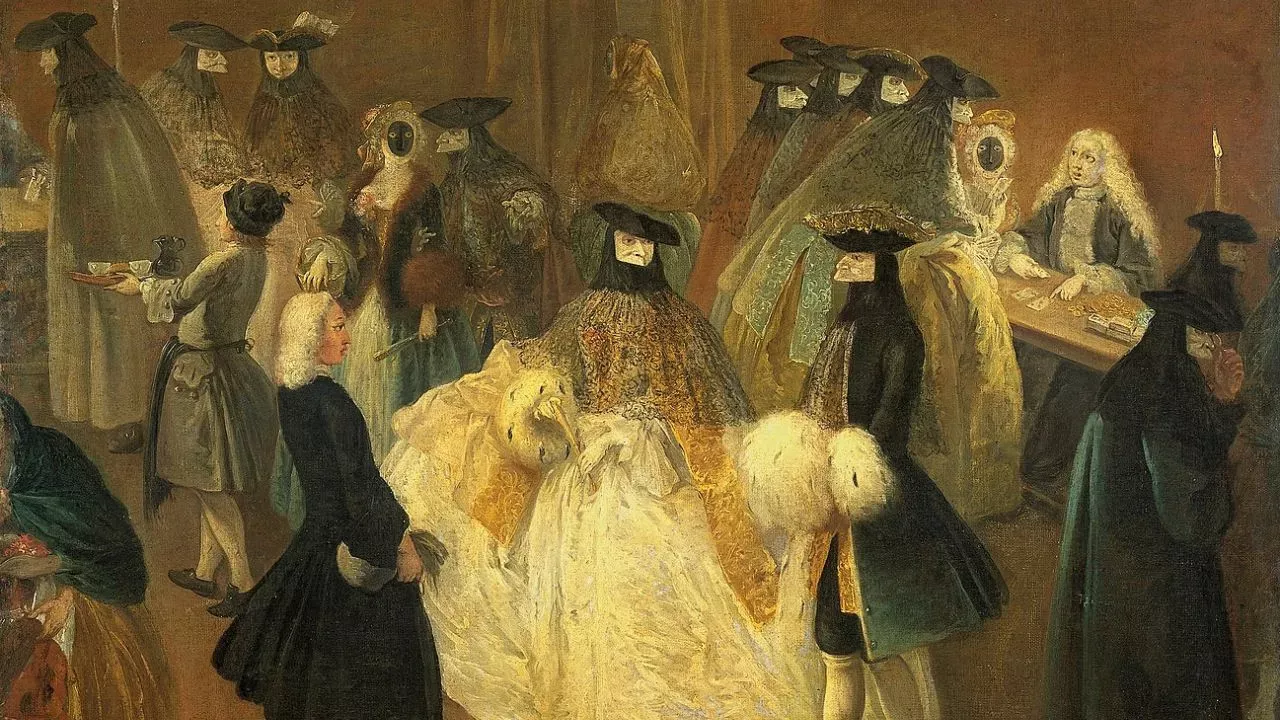
In 1638, the first gambling house or 'casino' was established in Italy during the Renaissance period, known as 'Il Ridotto.' During the Venice Carnival season, it provided an organized gambling framework but was primarily accessible to the upper classes, lending an aura of glamour and exclusivity to gambling houses.
The late 17th and early 18th centuries marked significant progress in horse racing and associated betting in England. King James I establishment of the Newmarket Town Plate, and Queen Anne's support of racecourses led to a surge in the popularity of horse racing and accompanying betting activities. By the 19th century, horse racing and betting were integral to English culture. The 1845 Gaming Act legalized betting on horse races, providing a legal framework for the industry.
Meanwhile, across the Atlantic, the United States saw a gambling boom in the 19th-century frontier towns, with poker becoming a favorite in “saloons”. The invention of the telegraph and the expansion of railroad networks fueled the growth of sports betting across the country, laying the groundwork for the modern betting landscape.
Betting in the 20th Century: The Modern Era #
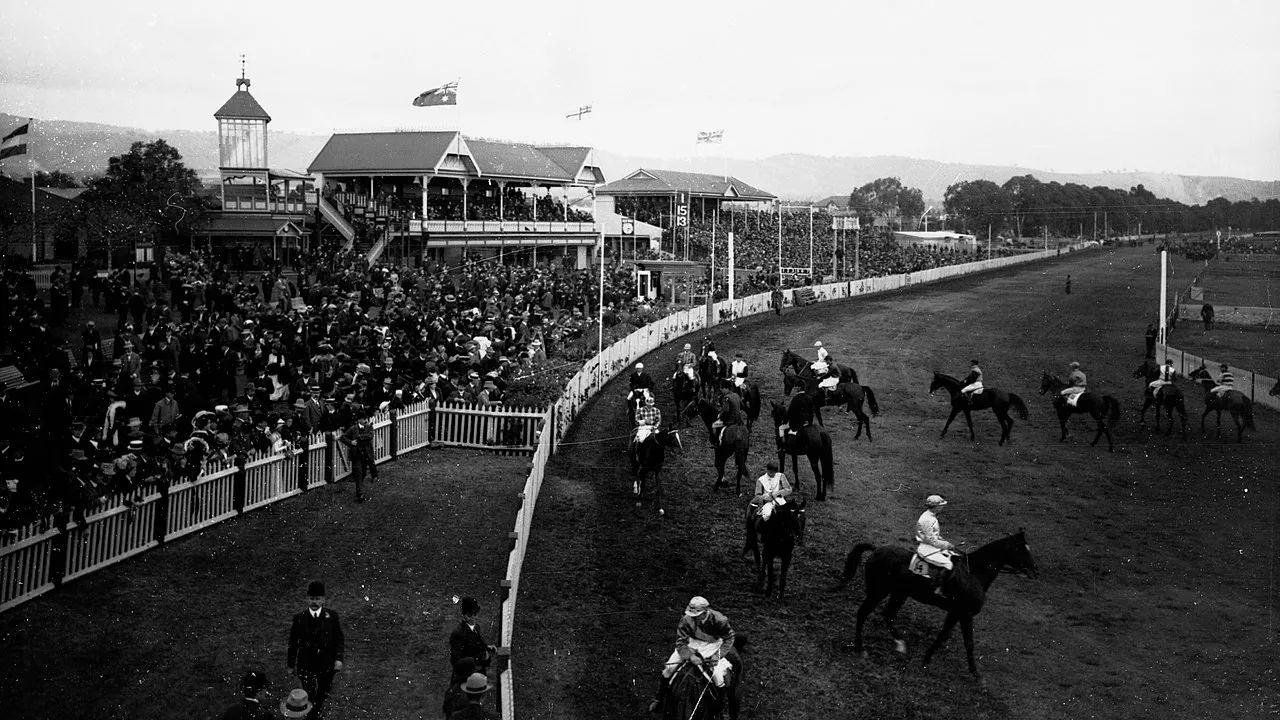
In the early 20th century, efforts to legalize and regulate betting gained momentum. In the U.S., pari-mutuel betting became legal, reviving horse racing and enabling gambling as a revenue source. In the United Kingdom, the Betting and Lotteries Act of 1934 legalized on-course betting, catalyzing the horse racing and betting industry's growth by shifting betting from an illicit to a legal activity.
During the mid-century, betting experienced expansion beyond horse racing, with a surge in illegal bookmaking operations in the United States, particularly around baseball and boxing. The UK, on the other hand, legalized off-course cash betting with the Betting and Gaming Act of 1960, establishing licensed brick-and-mortar shops and fostering football pools. Concurrently, Las Vegas, having legalized gambling in 1931, rapidly evolved into a global gambling capital filled with casinos and entertainment shows. In Asia, Macau became a significant gambling hub due to the Sociedade de Turismo e Diversões de Macau, a company established by Stanley Ho in 1962 that monopolized casino gambling in the region for several decades.
The latter half of the twentieth century saw a revival of lotteries, which had previously been marred by scandals, sparking a resurgence that transformed lotteries into a multi-billion dollar industry by the end of the century. Simultaneously, the final decade saw the dawn of the internet age, which transformed many industries, including betting. The introduction of online gambling in the late 1990s democratized gambling by providing a convenient, home-based platform for bettors, facilitating global-scale betting, and improving industry transparency and regulation.
The 21st Century: Betting Goes Digital #

The new millennium heralded the arrival of the era of digital betting, with internet gambling taking center stage. The industry's foray into the digital realm was more than just an expansion; it was a revolution that reshaped the entire betting landscape.
The 2000s witnessed the evolution of online betting platforms, transforming the way people gamble. Innovative platforms introduced peer-to-peer exchanges, where bettors could set their own odds and compete directly with each other. Online casinos boomed, offering a variety of games like poker, roulette, blackjack, and slots, accessible globally 24/7. Sports betting also gained a significant foothold in the digital world, allowing people to wager on various sports like football, basketball, tennis, and golf. The rise of live betting technology further fueled the growth of these platforms, enabling real-time wagers during sporting events.
The betting industry underwent a major transformation with the rise of smartphones and mobile technology in the mid-2010s, leading to a surge in mobile iGaming. This allowed users to conveniently place bets from their smartphones and tablets, anytime and anywhere. In the late 2010s and 2020s, blockchain technology and cryptocurrencies added a new dimension to online betting. Decentralized blockchain platforms emerged, offering improved transparency and security. Cryptocurrencies, especially Bitcoin, gained popularity as a fast and anonymous payment method.
Artificial intelligence (AI) and machine learning (ML) also began to leave a significant imprint on the betting industry, paving the way for a more sophisticated, personalized and secure experience.
The legality of online gambling also evolved, albeit unevenly, across the globe. In the United States, the Supreme Court's 2018 decision to overturn the Professional and Amateur Sports Protection Act opened the door for states to legalize sports betting. In Europe, countries such as the United Kingdom and Malta led the way in creating comprehensive regulatory frameworks for online gambling. Additionally, emerging markets in regions such as Africa and Latin America also actively started developing their own regulations.
In conclusion, the betting industry, shaped by societal, technological, and legislative changes across the ages, has displayed remarkable resilience and adaptability. As we move forward, the new trends appear to be live-stream betting, virtual and augmented reality and gamification. With an industry as dynamic and deeply ingrained in human culture as betting, it's certain that the journey is far from over. From the ancient dice to sophisticated business models, the history of betting serves as a compelling reflection of our collective cultural evolution.
Tags:
Related Articles
Interviews & Editorials
03.05.2024.
The Most Popular Betting Events Around the World
Check out our rundown on major global betting events, including the FIFA World Cup, Super Bowl, and more, offering you insights on when and where the big bets happen.
Learn more
Interviews & Editorials
22.02.2024.
The Insider's Guide to RTP: Everything You Need to Ace Betting Economics!
Learn what RTP (Return to Player) means, why it's important for player engagement and operator success, and how understanding it can change your business strategy for the better.
Learn more
Interviews & Editorials
12.12.2023.
10 Tried and True Tactics for Success in the Betting Industry
Discover the top ten strategies for success in betting and iGaming. From innovative platform integration to AI-driven retail insights, this blog reveals how to excel in the dynamic world of betting.
Learn more
Didn’t Find What You’re Looking For?
Our team will be happy to guide you through our products and services.
Contact us